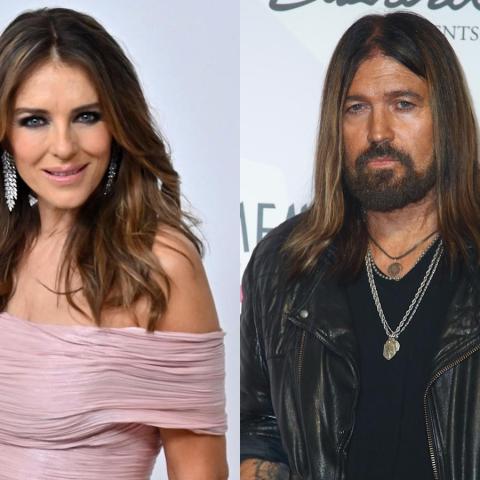A judge has temporarily blocked some changes proposed by the Trump administration regarding federal elections. This includes the controversial proof-of-citizenship requirement needed for voter registration.
President Trump pushed for this requirement, claiming it would help restore public confidence in elections. However, U.S. District Judge Colleen Kollar-Kotelly ruled it would likely cause significant harm to voters and disrupt their ability to register. The judge stated the power to regulate federal elections belongs to the states and Congress, not the president.
While she blocked the citizenship requirement, she allowed other aspects of Trump’s executive order to proceed, such as tightening deadlines for mail ballots. This has sparked various lawsuits led by groups like the League of United Latin American Citizens and the Democratic National Committee, who argue the changes could disenfranchise voters.
In her decision, Judge Kollar-Kotelly pointed out that the government offered weak justifications for the president’s order. She stated that the proof-of-citizenship rule could create complications for voter registration drives, especially in public places.
On the other hand, legal representatives for the Trump administration insisted that a preliminary injunction was unnecessary since the citizenship requirement wouldn’t be implemented for several months. They argued that the changes wouldn’t affect individuals immediately.
This ruling reflects a critical debate happening in the U.S. regarding election integrity and access. According to recent statistics from the Brennan Center for Justice, voter ID laws, like the one proposed, could disproportionately affect minorities and lower-income voters who may face difficulty obtaining the necessary identification.
Roman Palomares, president of the League of United Latin American Citizens, hailed the ruling as a victory, emphasizing that ensuring all voters feel confident in their ability to vote is crucial for democracy. Meanwhile, Aria Branch, representing the Democratic plaintiffs, called this ruling an important step against presidential overreach.
The debate surrounding these issues isn’t new. Historically, requiring proof of citizenship for voting has been met with resistance due to concerns over voter suppression. As state and local officials respond to the unfolding decisions, they must navigate the complexities of ensuring fair and accessible elections amidst ongoing legal challenges.
The U.S. elections are unique in their decentralized nature; they are managed by individual states rather than the federal government. This results in a diverse set of voting laws and processes across the country, and discussions about such reforms continue to play out in both public and legal arenas.
As these events unfold, many voters are watching closely, knowing that the outcome of these changes will significantly impact their ability to participate in future elections.
Source link
Donald Trump, District of Columbia, United States government, Voting, Colleen Kollar-Kotelly, Executive orders, General news, United States, Trump lawsuits, AP Top News, DC Wire, Constitutional law, Elon Musk, Michael Gates, U.S. news, Politics, Washington news, Donald Palmer, Lawsuits, Harmeet Dhillon, Elections, Washington News, U.S. News






















